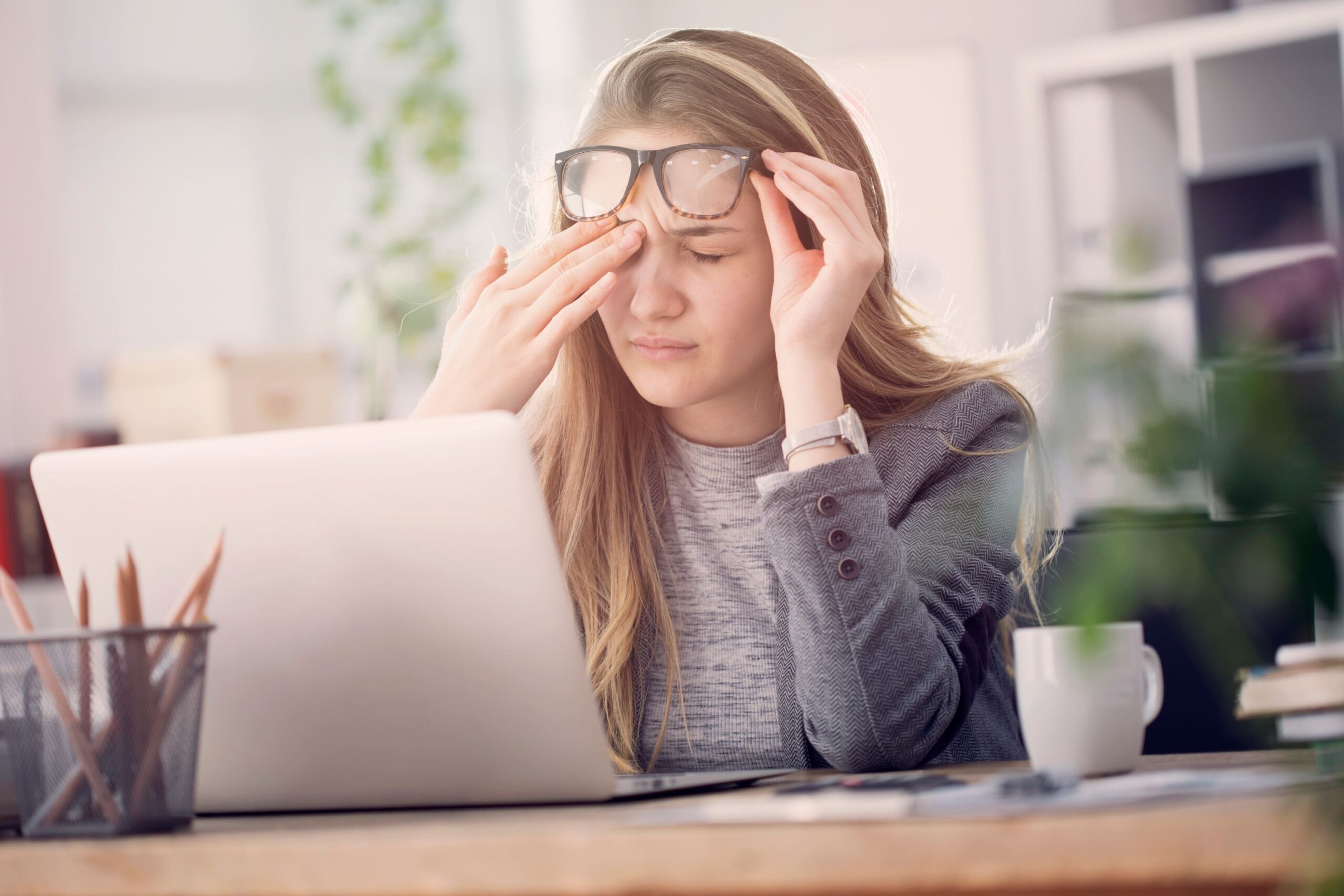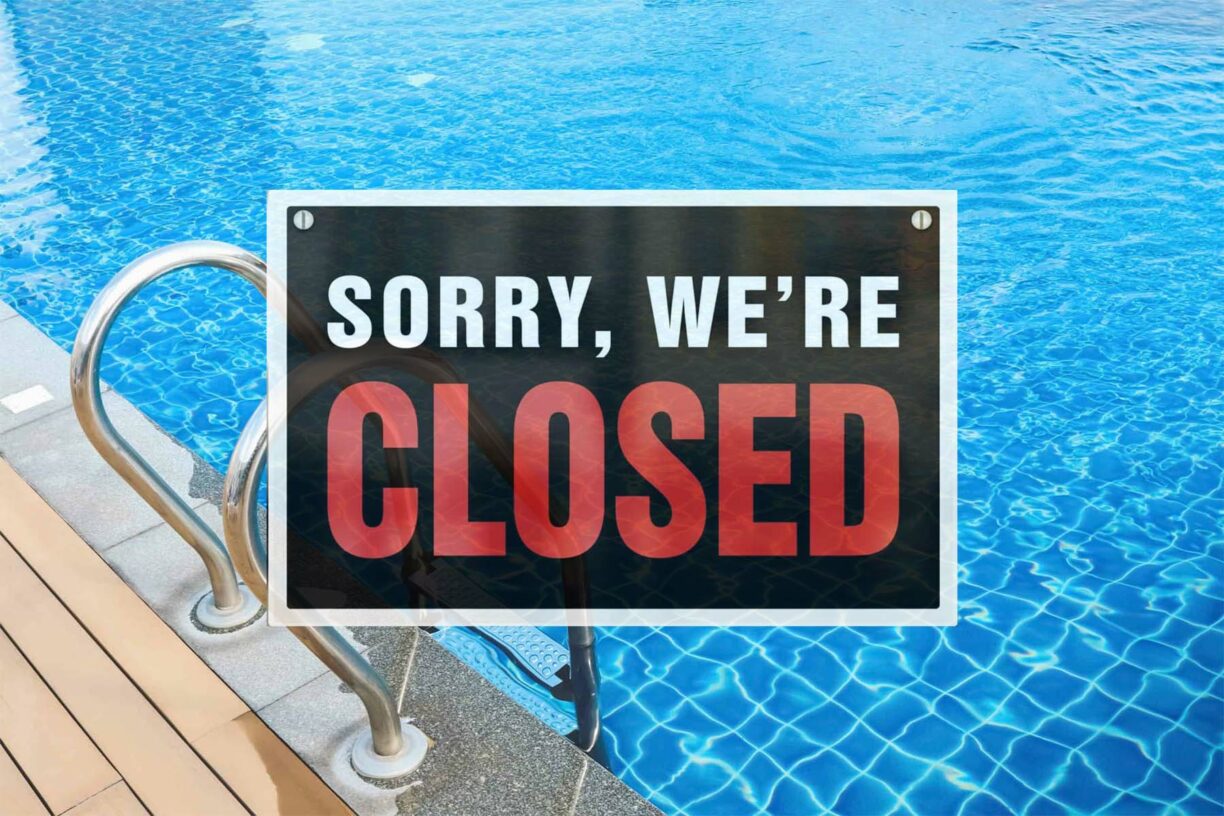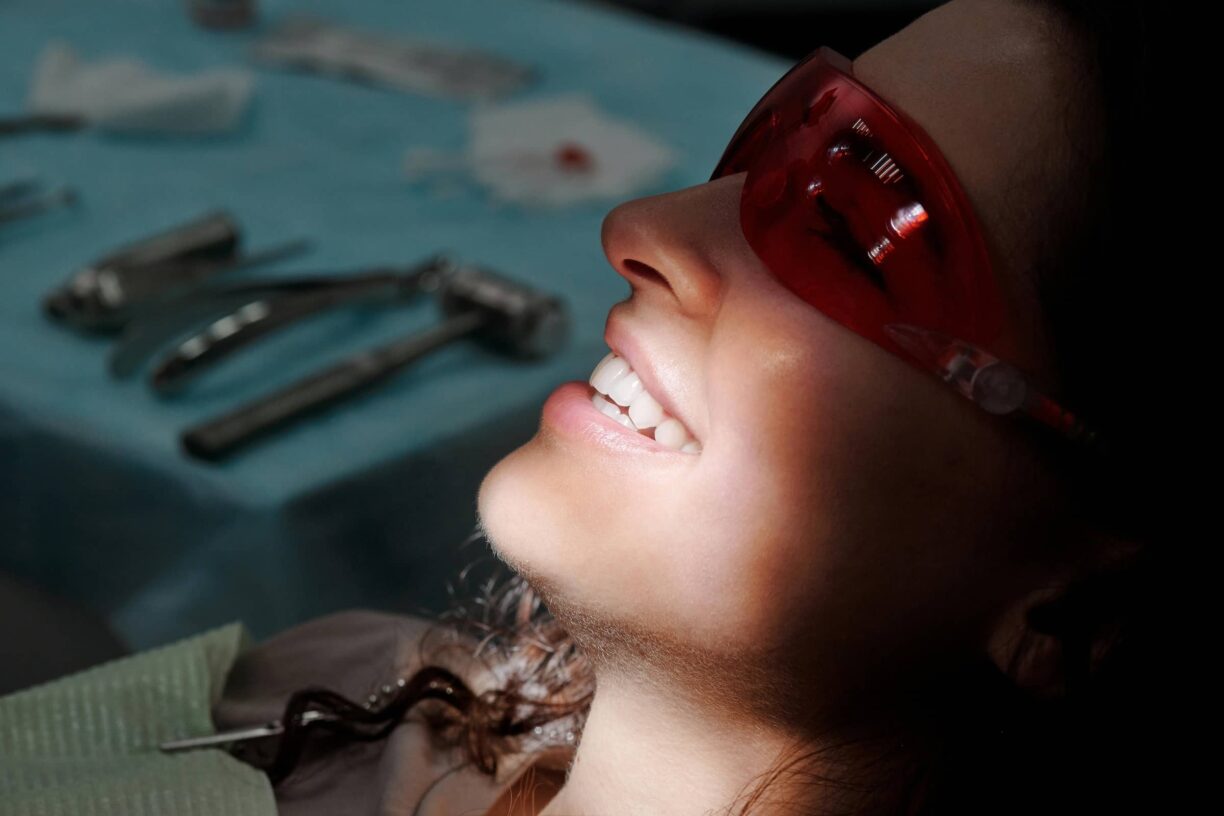Many of us have set up offices in our kitchens, living rooms and bedrooms over the past few months.
But while working from home more helps stop the spread of Covid-19, staring at screens in less than ideal conditions can lead to an increase in eye strain.
Here’s a look at what causes the problem – and what we can do about it.

What exactly is eye strain?
“Eye strain is the feeling of discomfort people can get after a protracted period of focusing on something close up,” explains Dr Allon Barsam, laser eye surgeon at Ophthalmic Consultants of London. “It tends to be felt in the eyes, but it can feel like a headache too.”
While it can be very uncomfortable, Barsam says that the good news is it’s not necessarily a sign of a medical condition, and it usually fades fairly quickly once you give your eyes a break.
Lockdown life can make us more susceptible to it too. “With lots of us working from home, and focusing on a computer screen in a room that wasn’t designed for work – such as a lounge or a kitchen – many of us are forcing our eyes to work harder than usual and this makes eye strain more likely,” says Barsam.
Plus, he adds that the onset of winter doesn’t help. “When it’s cold and dark outside we’re more likely to spend longer indoors and crank up the heating.
“Most homes have old-fashioned radiators which blast out hot air, which is good for heating the room but less good for your eyes. The heat can make your eyes feel dry, evaporating their natural lubrication and making eye strain more likely.”
What can you do to reduce your risk of eye strain?
1. Make sure you work in a well-lit room
Working in a dimly-lit room can increase your risk of eye strain. “Whether you perch your laptop on the kitchen table, work from the sofa or your bed, your eyes will find it easier to focus when there is plenty of light,” says Barsam.

2. Don’t work too close to your screen.
Barsam says that eye strain tends to be caused by excessive focusing on objects that are close up. “Keep your face at least a couple of feet away from your screen to help avoid discomfort,” advises Barsam.
3. Follow the ’20:20:20 rule’
“Every 20 minutes you should give your eyes a breather, either by closing them for 20 seconds or focusing on something at least 20 feet away,” explains Barsam.

If you can look down slightly at your screen, he says you’ll be working the lower part of the eye that tends to be better lubricated by the tear film, so it’s less likely to get dry.
“Bear in mind you don’t want to set your screen too low as this could cause you to lean your head forward and get a sore neck, so place the screen on a flat surface and hold your head up straight while working,” he advises.
4. Remember to blink
“We usually don’t have to think much about blinking as it’s such a natural reflex,” explains Charlotte Cook who is an optometrist and clinical development coach at Bayfields Opticians and Audiologists. “But when we’re staring at screens, we often don’t blink as much as we should.”

Cook says that blinking regularly reduces dry eye symptoms and helps to maintain a healthy tear film. “This can lead to the eye getting dry and contribute to eye strain, so every now and again just blink half a dozen times to keep your eyes working as they should.”
Can eye strain be a sign of other eye health problems?
“Eye strain can go hand in hand with a couple of conditions which cause discomfort – dry eyes and blepharitis,” says Barsam.
He explains that dry eyes can be eased by giving your eyes a break and getting plenty of sleep, and pharmacists can advise if you can take something to help, such as eye drops.

“Blepharitis causes red, swollen or itchy eyelids,” he continues, “and can usually be treated by gentle warm compresses or by carefully wiping across the base of your eyelashes with commercially available lid wipes.”
If you find yourself suffering from eye strain regularly, Barsam says it may be you need glasses, or a new prescription. In this case, you should visit an optometrist for advice and an eye test.





